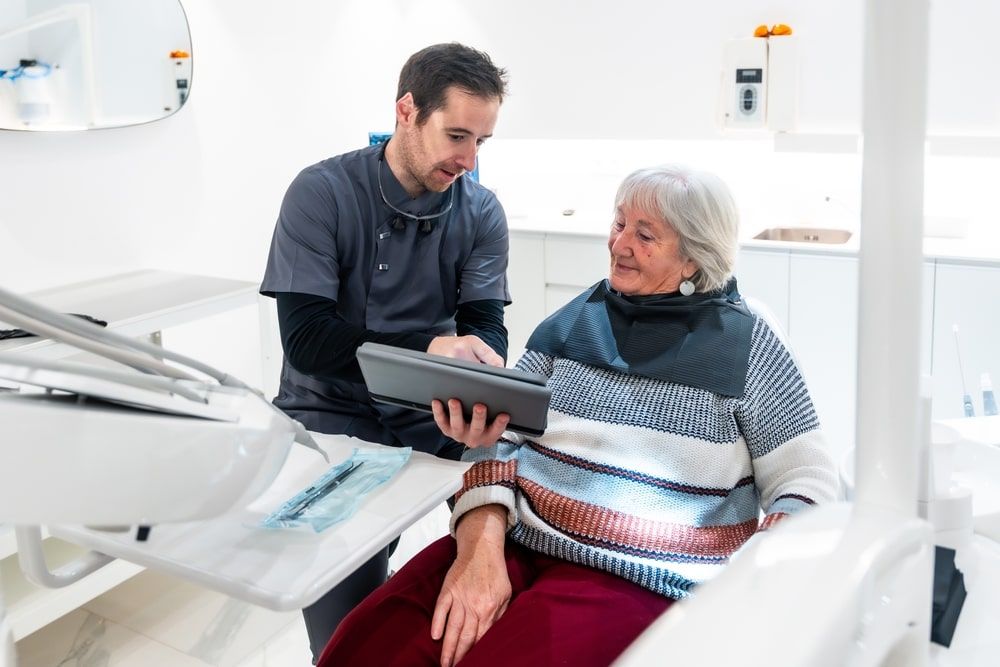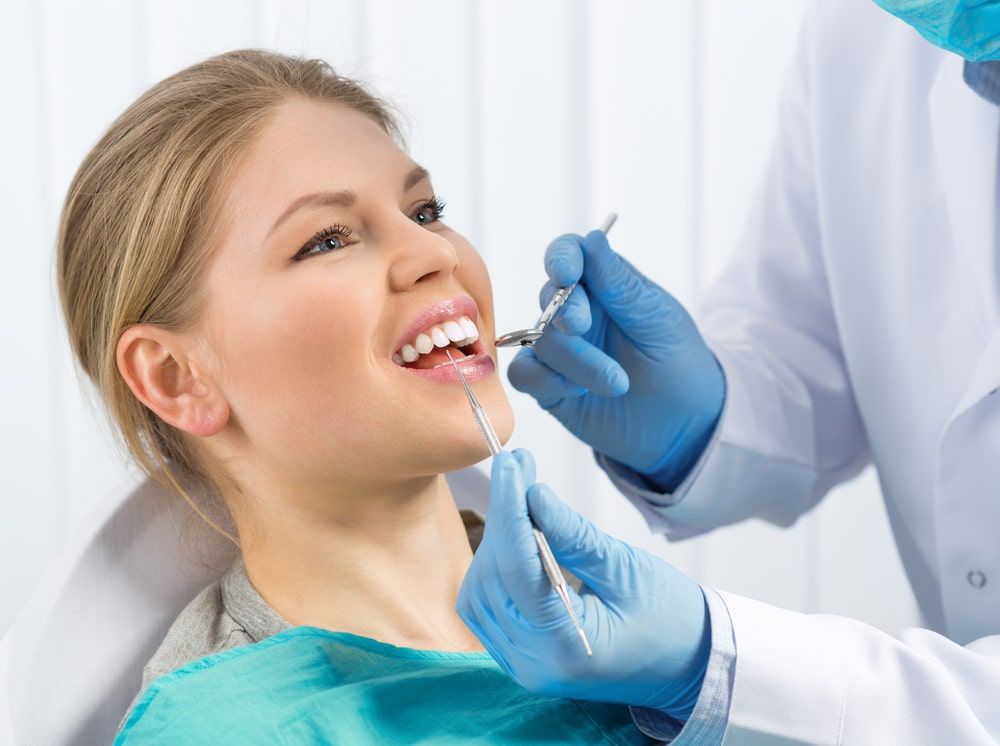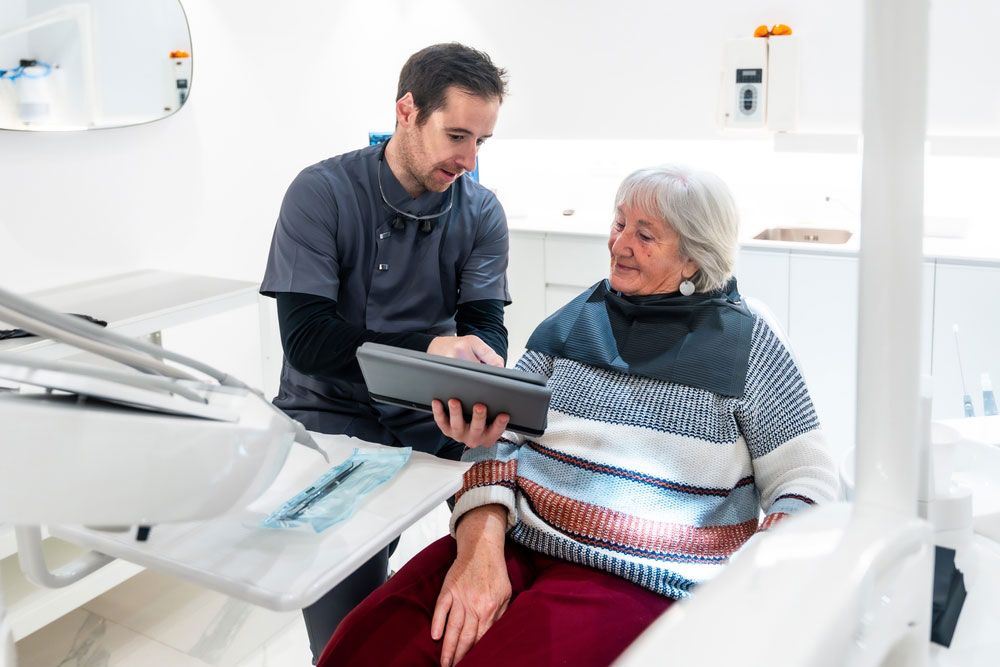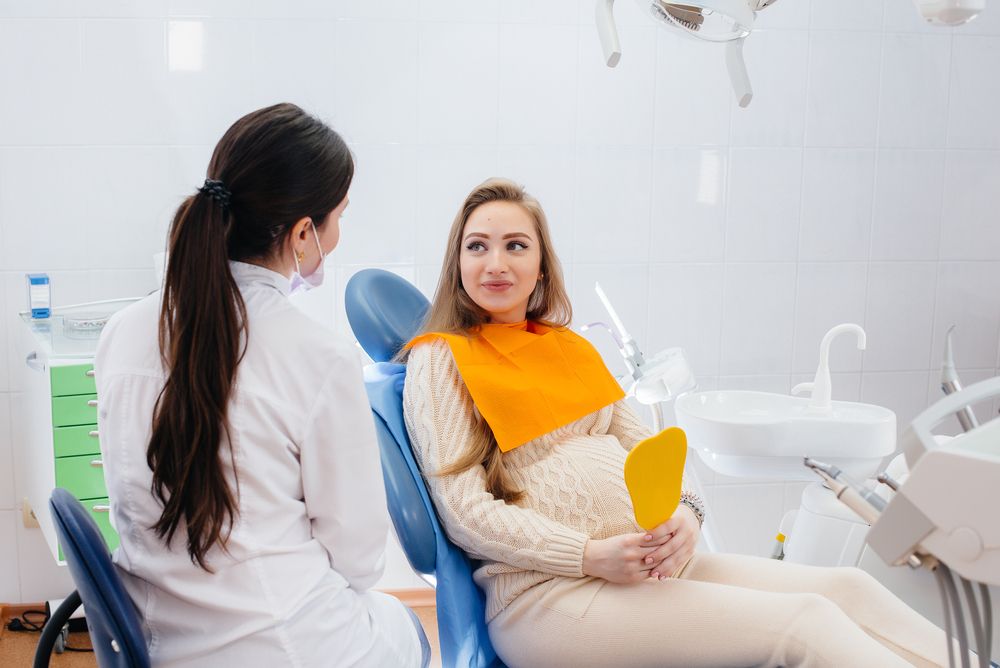Whether sharp or dull, dental pain should not be ignored. Dental pain is often a sign that you should see a dentist because having a toothache or some form of tooth pain can lead to serious oral diseases if ignored. But when it comes to knowing the causes of dental pain, those causes are often wide and ever-encompassing. However, we are here to help. When it comes to understanding how dental pain works, we’re quite familiar with the various causes of dental pain.
What Can Cause Dental Pain To Occur?
Most often, toothaches occur from the development of inflammation within the pulp of the tooth. The pulp contains the many nerve endings that provide our teeth with the ability to sense external factors. However, when exposed in some form, those nerves will become inflamed and cause the tooth to ache and become sensitive to certain foods and temperatures. When it comes to toothaches, there are various causes, including:
- Cavities
- Dental Trauma
- Pulp Infection
- Enamel Erosion
- Gum Disease
Unusual Causes of Tooth Pain and Aftercare
While these are the most common causes of dental pain, there are other times when dentists find more unusual causes of dental pain that are sourced from other factors such as bruxism, sympathetic nerve pain, and inflammation of the blood vessels. With all these causes, that’s why we highly recommend visiting your dentist as soon as possible to be able to have a proper diagnosis and treatment for your tooth pain.







